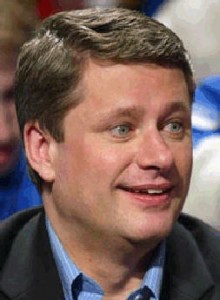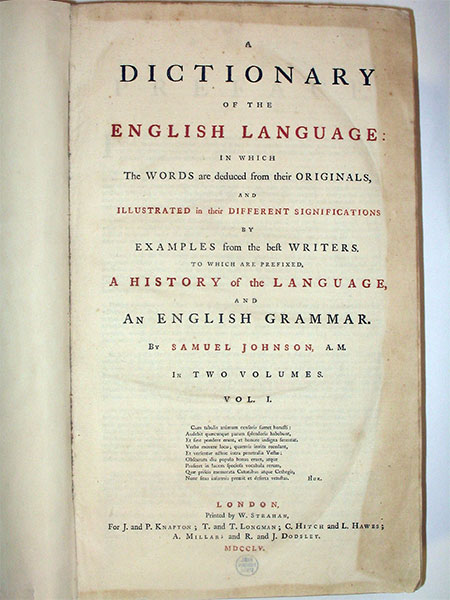httpv://www.youtube.com/watch?v=3yrPtRgK6Gk Disraeli addresses Parliament in Mrs. Brown
Benjamin Disraeli died on this date in 1881 (born 1804).
It cannot be said too often: North American politicians who call themselves “conservatives” are no such thing. They are corporatists. Below is some of the notable legislation passed during the arch-conservative Disraeli’s ministry. This is what the record of a real conservative looks like: offering assistance to those in need in the name of social stability; promoting justice for the sake of sound social health. Just the titles of this legislation might give contemporary “conservatives” a Victorian case of the vapors. Where are the tax cuts for the rich and for corporations? Where is the corporate welfare? Disraeli extended the franchise, offered assistance to the poor, and enhanced the rights and protections of workers, including the right to form trades unions:
Artisans’ and Laborers’ Dwellings Improvement Act
Conspiracy and Protection of Property Act
In response to these reforms, Liberal-Labour MP Alexander Macdonald told his constituents in 1879: “The Conservative party have done more for the working classes in five years than the Liberals have in fifty.”
It would raise hurricanes of laughter all along the political spectrum to suggest that today’s “conservatives” might do anything remotely resembling this now.
Maybe a large part of the reason is that Disraeli was extraordinarily accomplished. However “conservatives” regard themselves, glad handing the corporate elite does not round out a world-view.
Here’s Frye making reference in “Dickens and the Comedy of Humours” to Disraeli the novelist; a writer who gives expression to the enduring foundations of romance, despite the conventional thinking:
In general, [it is assumed that] the serious Victorian fiction writers are realistic and the less serious ones are romancers. We expect George Eliot or Trollope to give us a solid and well-rounded realization of the social life, attitudes, and intellectual issues of their time; we expect Disraeli and Bulwer-Lytton, because they are more “romantic,” to give us the same kind of thing in a more flighty and dilettantish way; from the cheaper brands, Marie Corelli or Ouida, we expect nothing but the standard romance formulas. (CW 10, 287)
As Frye goes on to say in his examination of the work of Dickens, the second-tier status of romance is a long way from the truth. Writers of romance like Disraeli are closer to the imaginative bedrock of literature and life than any realist. “Conservatives” who by denying assistance to the poor and justice to society at large to further enrich a bogus crony-capitalisim may flatter themselves as living in “the real world.” But it is in fact not much of a world and, because it’s unsustainable, it is not even real; just temporarily realized and doomed to fail.


